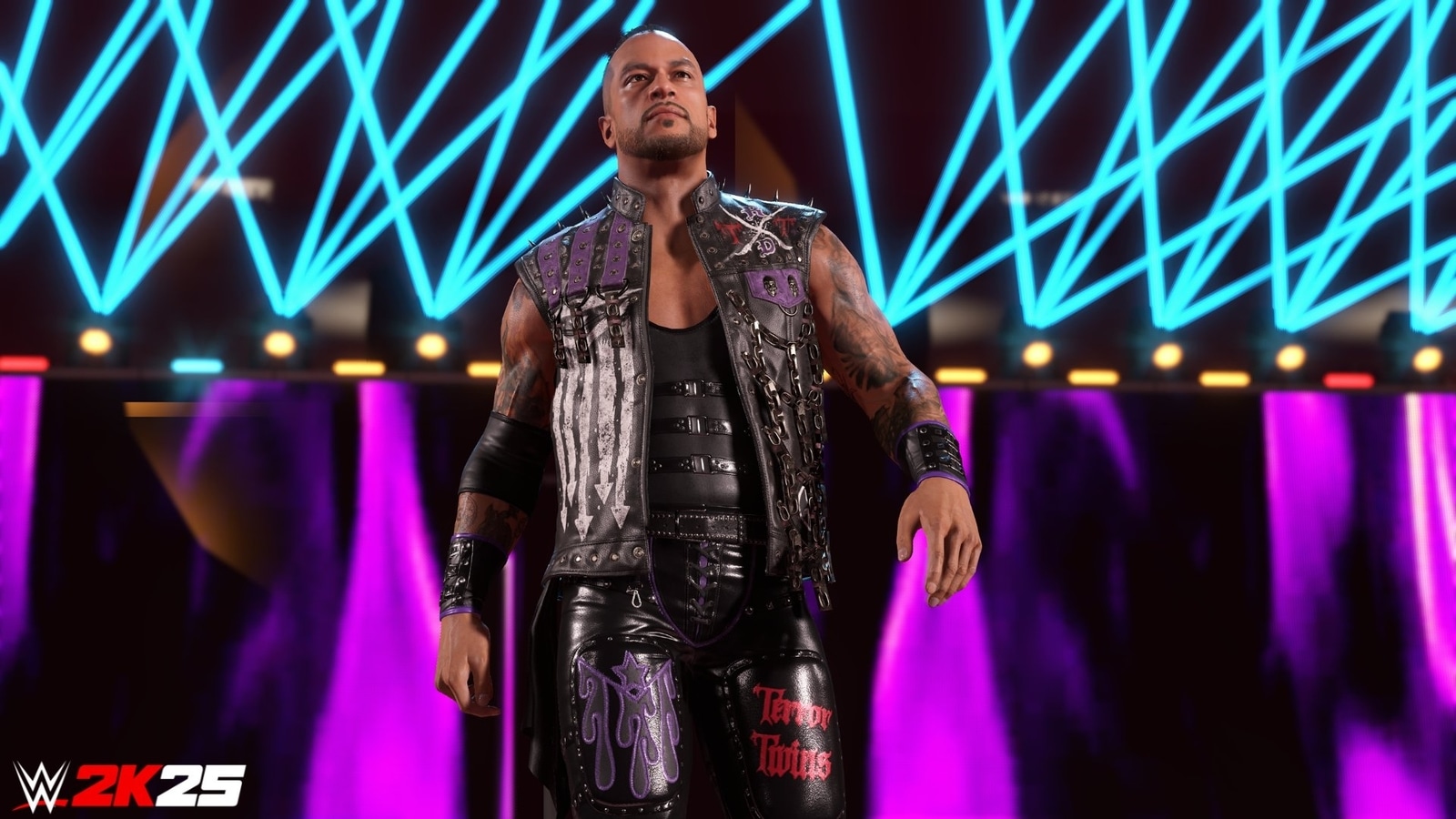Tim Dorsey, who drew on his years as a crime reporter to fuel a second career writing a long series of darkly comic thrillers set along the back roads and back alleys of Florida’s weird, wild underbelly, died on Sunday at his home in Islamorada, a town in the Florida Keys. He was 62.
His daughter, Erin Appleton-Dorsey, confirmed the death. She said he had been in declining health.
Long before Florida Man became the Sunshine State’s unofficial mascot, there was Serge A. Storms, the antihero at the heart of Mr. Dorsey’s 26 novels, beginning with “Florida Roadkill” in 1999.
Brilliant and high-strung, Serge is also a serial killer who channels his homicidal urges into taking out various baddies he encounters during a series of improbable adventures around Florida. He usually rolls in the company of Coleman, his semi-lucid friend whose proficiency with various narcotics is so well known that strangers ask him for autographs.
Mr. Dorsey gave his books comic titles that reflected the blend of Jimmy Buffett and Raymond Chandler that filled their interiors, including “The Big Bamboo” (2006), “Tropic of Stupid” (2021) and, most recently, “The Maltese Iguana” (2023).
He reveled in the diversity of Florida — the dog tracks and swamps around Miami, the Redneck Riviera along the Panhandle, the morass of state politics in Tallahassee, the nostalgic weirdness of the Keys.
His novel “Atomic Lobster” (2008), Mr. Dorsey said in an interview with Powell’s Books, was “the dissection of a Florida neighborhood populated almost entirely by degenerates, con men, the terminally dysfunctional, golf freaks, trophy wives, and prescription-abusing retirees in Buicks tying up traffic. In other words, a documentary.”
Some people considered Serge to be Mr. Dorsey’s alter ego, but he corrected them. Serge was, he said, his ego, living the kind of life and doing the sorts of things he would love to do if not constrained by conscience and the law.
They did have one thing in common. Like Serge, Mr. Dorsey was a sucker for Florida history and culture, the stranger the better.
He tracked down Jack Kerouac’s last residence, in St. Petersburg, after finding the address in an old phone book in a dusty library basement. (Mr. Dorsey was, indeed, the sort of person who hunted through dusty library basements.)
Mr. Dorsey drove to the house, scooped up a bag of dirt and drove away before the current owners could stop him.
“His obsession with Florida is totally me,” he said of Serge in an interview with Saw Palm, a literary journal. “He’s my mouthpiece on those things. I started putting that in the book and I kind of held back because I felt like I was being indulgent. I didn’t want to bore the reader by doing that.” But, he added, “I found out that it was a connection that I made.”
Timothy Alan Dorsey was born on Jan. 25, 1961, in Logansport, a city in northern Indiana, though when he was a year old his parents — Fred Dorsey, a businessman, and Carol Anne (Morse) Dorsey — moved their family to Riviera Beach, on the southeast coast of Florida.
He attended Auburn University in Alabama, where he studied transportation and edited the campus newspaper, The Plainsman. He graduated in 1983.
He spent the next 16 years as a journalist, first as a reporter in Montgomery for The Alabama Journal, which closed in 1993, and then as an editor and reporter for The Tampa Tribune, where his beat included crime and politics.
All along, he dreamed of writing novels. Even as he married and started a family, he spent long hours exploring Florida’s back roads and archives, absorbing the state’s official and unofficial history.
His marriage to Janine Losey ended in divorce. Along with his daughter Erin, he is survived by another daughter, Kelly Dorsey; his sister, Dinah Rankin; and his brother, Chris.
Mr. Dorsey poured everything he learned on and off the job into his books. Aside from his core characters and various plot twists, he said, much of his material was real, or at least inspired by reality. Serge, for instance, founds a religion based on Don Shula, the Hall of Fame former Miami Dolphins coach — which wasn’t far off from how many Floridians felt about the man.
Mr. Dorsey left journalism — and his last day job — in 1999, the same year he published “Florida Roadkill,” a murder thriller set against the backdrop of the 1997 World Series, four games of which were played in Miami.
“Like Carl Hiaasen on acid, Elmore Leonard on speedballs, this novel doesn’t let go from the first to the last page,” the British novelist Mark Timlin wrote in a review of “Florida Roadkill” in The Independent. “I loved it.”
Mr. Dorsey did not develop as much national name recognition as Mr. Hiaasen or Dave Barry, both of them also journalists turned Florida novelists, but his fans were legion and avid. They came to his readings with Serge-themed T-shirts and tattoos, and over the years organized Serge-themed festivals around the state, often in the sort of rural, swampy settings that filled Mr. Dorsey’s books.
When asked in the Powell’s interview for his idea of the good life, Mr. Dorsey said he was living it.
“I couldn’t write a better job description: Travel Florida wherever my curiosity leads me, talk to locals, venture down the most remote back roads,” he said. “Then come home and weave all the cool things I found — historic, obscure, funky — into seemingly outrageous crime plots that are but thinly veiled reflections of what fills our newspapers down here every day.”























